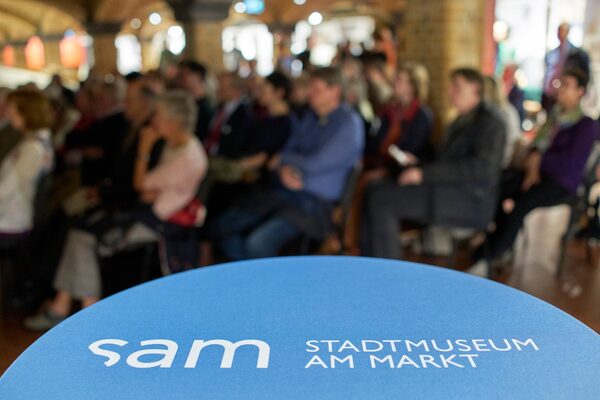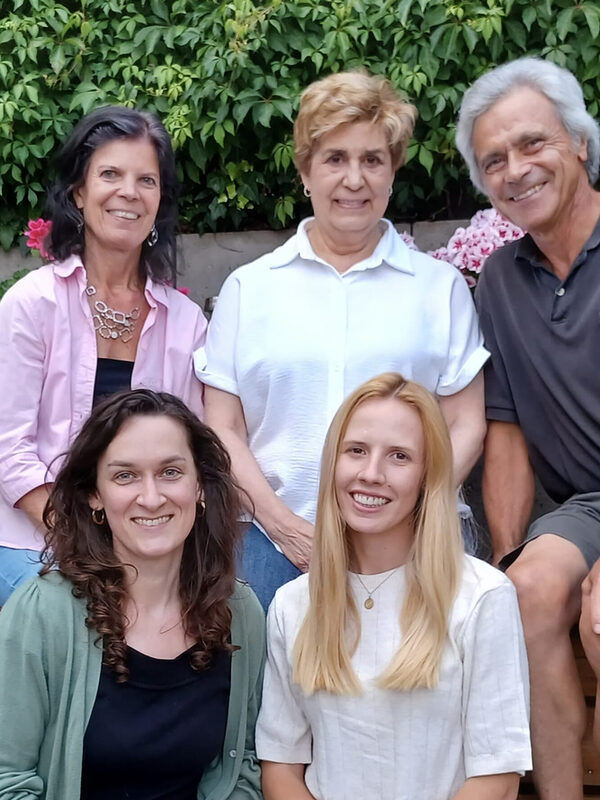District historian Wiesbaden Lectures of the fourth season
The district historians of the fourth season present their findings in lectures at the Stadtmuseum.
Lecture series of the fourth season of the district historians in sam
The fourth season of the district historians will present their findings in a series of lectures at the Stadtmuseum in the fall.
Historical topics related to Wiesbaden will be presented in the form of Sunday matinees. It started on October 5. The final event will take place on November 23, 2025 with the last lecture.
The lectures start at 11 am and the events end at 1 pm. A glass of sparkling wine will be served after each lecture.
Admission is free.
Dates and lectures
November 23: The history of the children's and youth choir at the Hessian State Theater in Wiesbaden
Lecture by Stanton Falling, Carol Falling, Cornelia Thorspecken, Ninyana Thorspecken-Friebe and Laura Hafner
In a whole series of operas, the composer provides for a children's and youth choir. Until the 1950s, there was no youth choir at the Hessisches Staatstheater Wiesbaden. When Antonín Dvořák's opera The Jacobin, in which a children's choir plays a major role, was to be performed in the 1950s, choir director Dr. Karl Howe suggested the founding of a permanent youth choir, which his wife Margarethe Howe set up and which then appeared on stage for the first time at the premiere of The Jacobin on 17 December 1954. Since then, the youth choir has performed in operas, operettas and concerts every season. Entire generations of children have received professional musical and vocal training over the decades. The members of the youth choir sang their last performance (Verdi's Otello) on May 1, 2018.
Closing event of the performance series.
Flyer District Historian
sam - City museum on the market
sam - Stadtmuseum am MarktStiftung Stadtmuseum Wiesbaden
Address
65183 Wiesbaden
Arrival
Telephone
Opening hours
Tue to Sun 11-17 h
Thu 11-20 o'clock
Administration
Wiesbaden City Museum Foundation
Bierstadter Str. 1
65189 Wiesbaden

